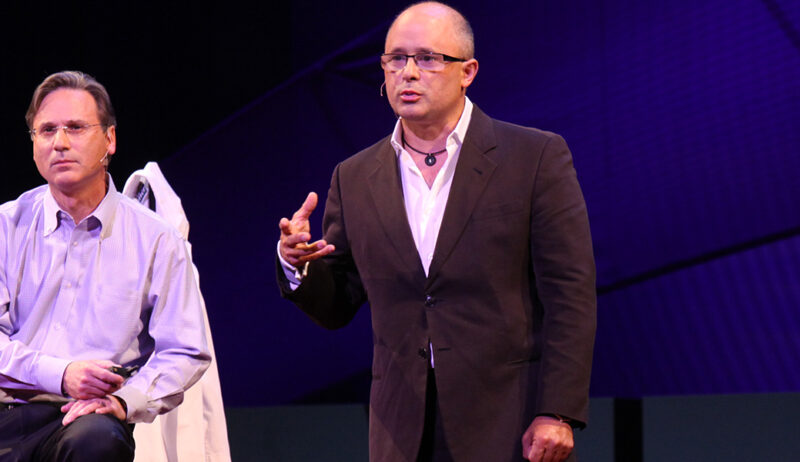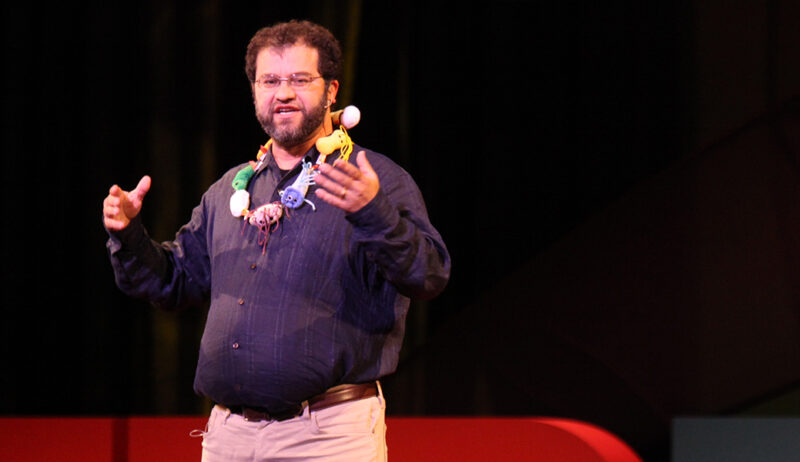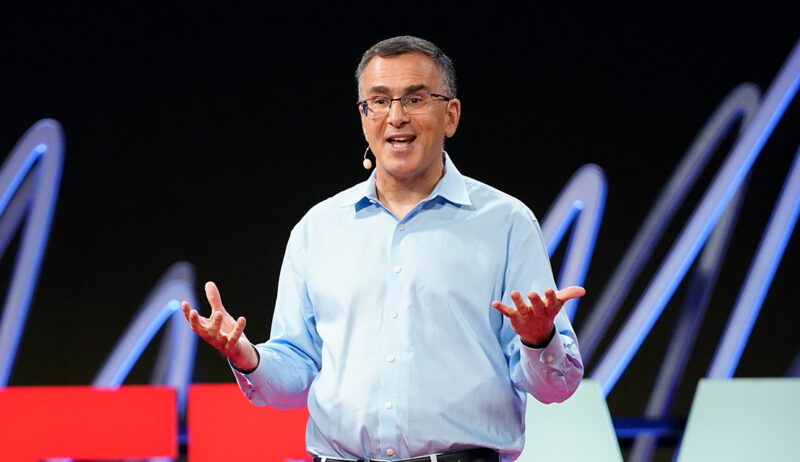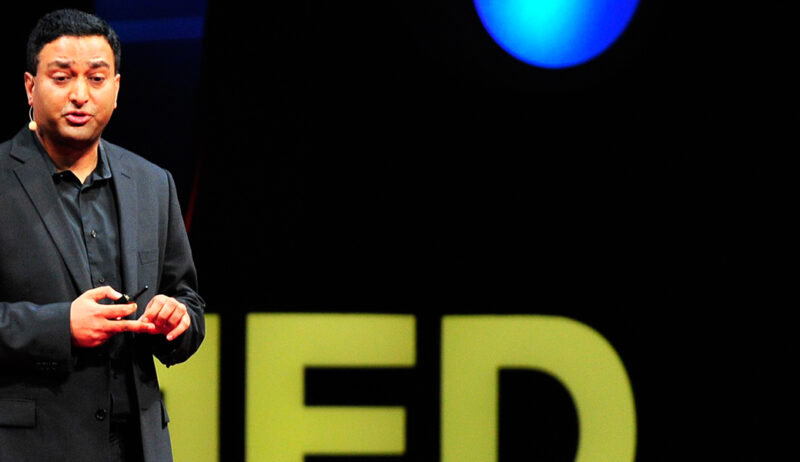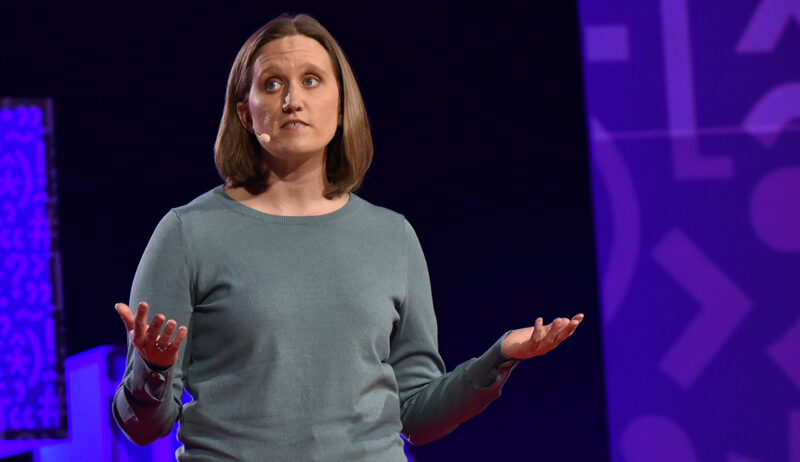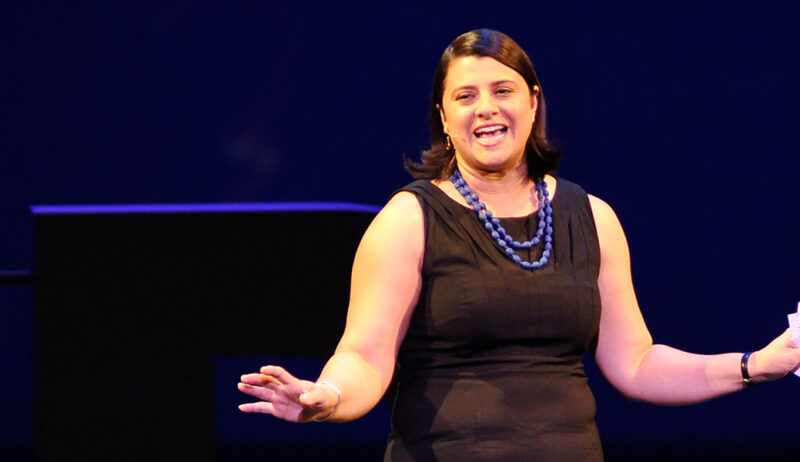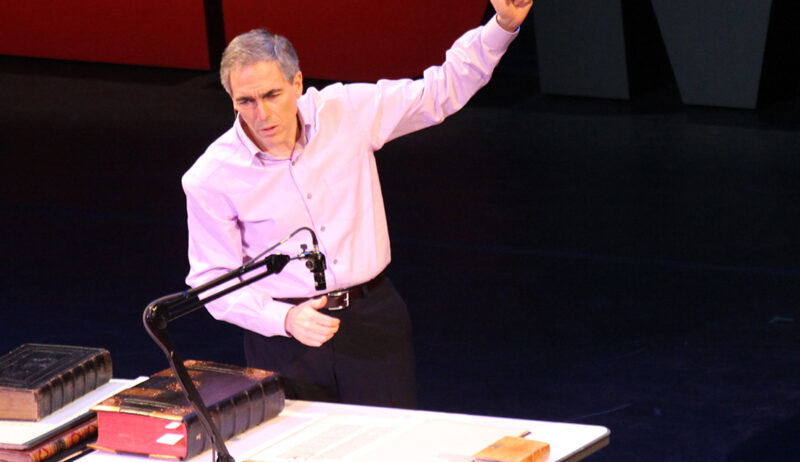About this talk
Neurologist Jonathan Glass and neurosurgeon Nick Boulis of Emory University ask: Should acceptable risk levels for experimental treatments be recalibrated for the terminally ill who have no other options?
About Jonathan Glass
See more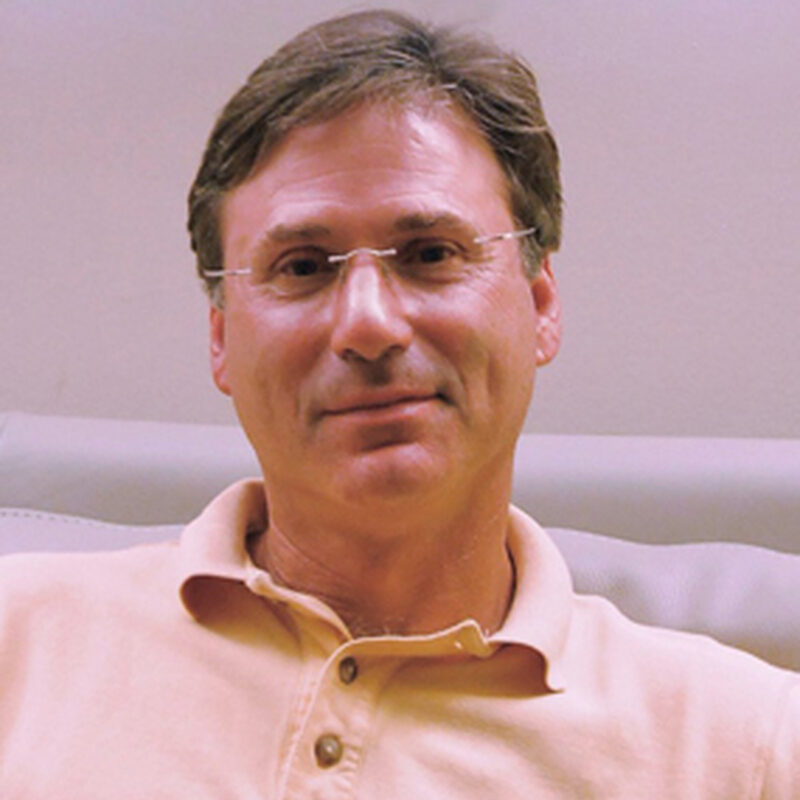
Jonathan D. Glass is Professor of Neurology and Pathology, and the Director of the Emory ALS Center in the Department of Neurology at Emory University in Atlanta, Georgia. He is widely known for his research on the pathogenesis and prevention of nerve degeneration in neurological diseases, and for his work in human and experimental neuropathology. His laboratory currently focuses on the causes of nerve degeneration in animal models of neurological diseases, including the development of novel therapeutic interventions to prevent the death of nerve fibers. Dr. Glass is a passionate advocate for bringing science to the clinic, and involving patients in the study of their own disease. Collaboration with ALS patients, he is exploring the biological markers of disease activity and progression. He is also the principle investigator for the current first-in-human, phase 1 study of spinal cord injection of neural stem cells for patients with ALS (funded by Neuralstem, Inc) – which is the subject of his TEDMED talk. Dr. Glass is an active clinician who has been cited each year since 2001 as one of ‘America’s Top Doctors’ (Castle Connelly) and since 2005 as one of the very few neurologists in ‘Atlanta’s Top Doctors’ (Atlanta Magazine). He is also a teacher and mentor to young physicians and served as the director of Emory’s Neurology residency program from 2001-2006. Dr. Glass received his undergraduate degree from Middlebury College (Vermont) and his MD from the University of Vermont. He trained in Neurology and Neuropathology at Johns Hopkins, where he was a faculty member until moving to Emory in 1996.
About Nick Boulis
See more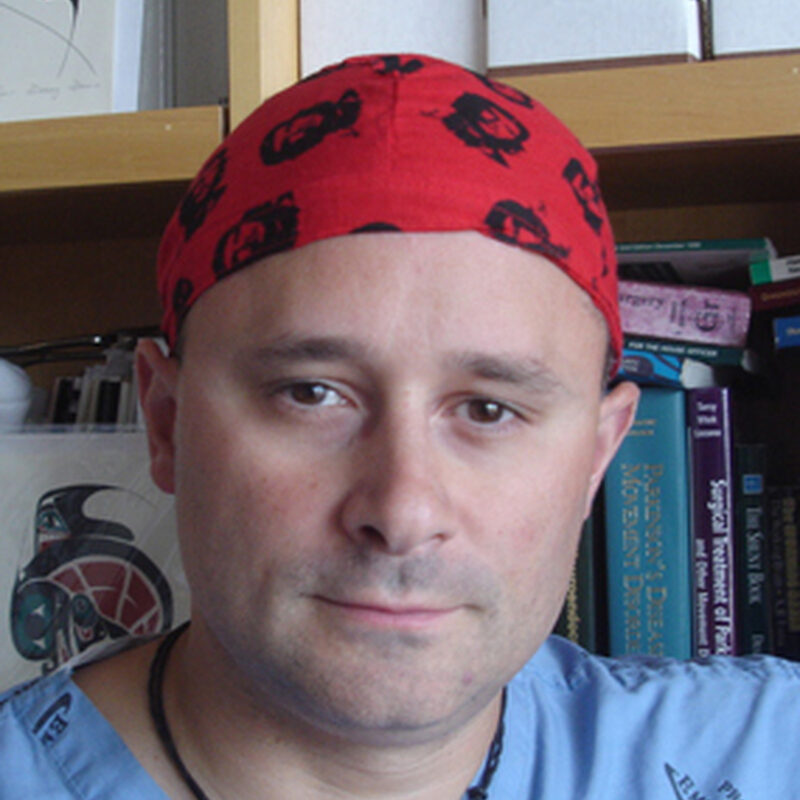
In addition to working as a physician with the Emory Clinic, Georgia’s largest and most comprehensive group practice, Dr. Nicholas Boulis is also a scientist and founder of the Boulis Laboratory. His research interests include biological neurorestoration and neuromodulation through the use of cell, protein and gene delivery to the nervous system. Boulis graduated Summa Cum Laude from Yale University with distinction in intensive biology and philosophy majors and graduated Magna Cum Laude from Harvard Medical School, winning the Harold Lamport Biomedical Research Award. During his residency at the University of Michigan, Boulis began to study the techniques of growth factor gene delivery in the nervous system. He founded his independent laboratory at the Cleveland Clinic in 2001, focusing on the use of neural gene therapy to alter neural and synaptic function and affect neuroprotection. The laboratory applied the former approach in the spinal cord to develop therapies for spasticity, while the latter approach was used for the treatment of Amyotrophic Lateral Sclerosis. In 2004, his interest in the delivery of biological therapeutics to the spinal cord lead to a collaboration with Clive Svendsen, Ph.D, for the transplantation of stem cells into the spinal cord. This work resulted in the development of techniques and devices that are currently in human trials for the treatment of ALS. The Boulis Laboratory continues highly translational work in spinal cord cell and gene therapies for neurodegenerative and functional disorders of the spinal cord.
